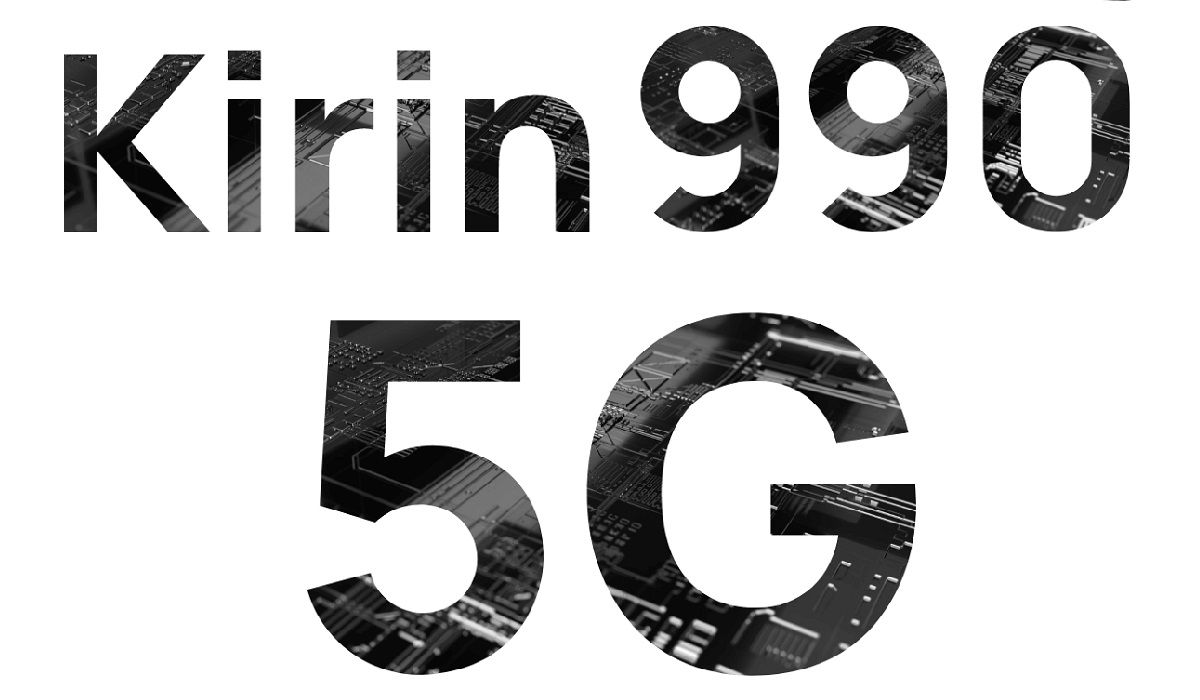The company denied these allegations but the Trump administration still placed it, and 114 of its affiliates, on its Entity List in May 2019. This simply means that US companies would not sell technology to Huawei without the express approval of the U.S government.
These sanctions may now see the Chinese tech firm turn to another supplier for their chipsets, as comments from the company’s CEO of consumer business unit, Richard Yu, suggest that Huawei will no longer make its Kirin chipsets. This is owing to ongoing economic pressure from the US. “Unfortunately, in the second round of U.S sanctions, our chip producers only accepted orders until May 15. Production will close on Sept. 15,” Yu announced at a conference last week. This year may see the last generation of Huawei Kirin high-end chips. Huawei’s upcoming Mate 40 phone, expected to launch in September, may be the last phone with a Kirin chip. Subsequent high-end Huawei phones will likely use chips from another manufacturer. In spite of these sanctions on the Chinese company, it surpassed Samsung as the world’s biggest smartphone seller earlier this year, shipping more phones between the months of April and June than any other company, according to data from analyst firm Canalys. References
